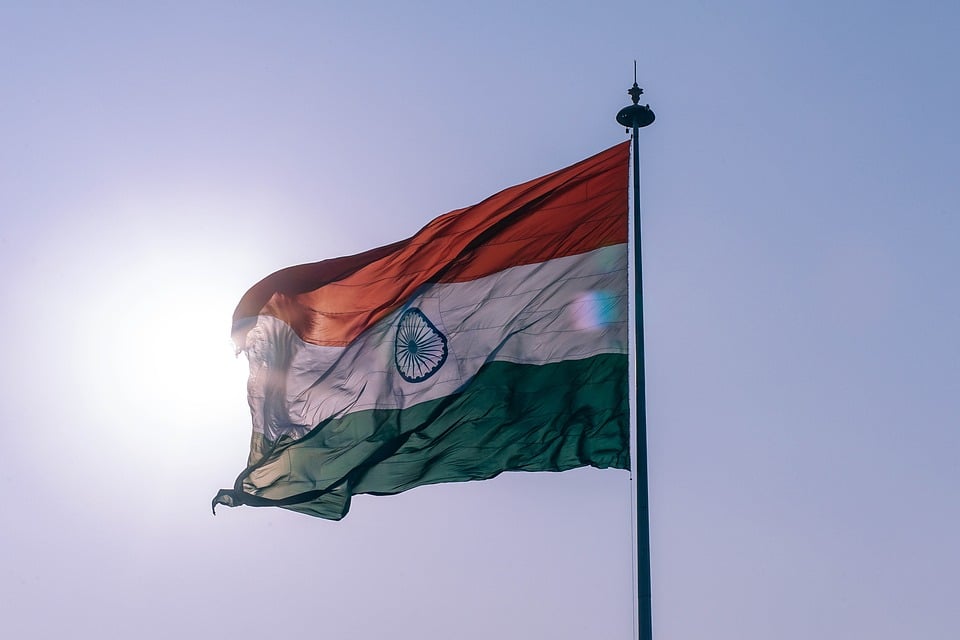
India has blocked the encrypted e-mail service Proton Mail because the company refused to provide information to the Indian authorities. This happened after a hearing on April 29, 2024, in which the Supreme Court of Karnataka instructed the government to immediately block the Domain Names of Proton Mail on the basis of the 2008 Information Technology Act.
Proton mail blockade after complaint from company
The case started after a design agency from New Delhi filed a complaint in January 2024. The agency claimed that employees had received offensive e-mails via Proton Mail. The Indian government then demanded access to the data of the user of the service.
Proton Mail, a Swiss company that is known for its strong privacy protection and encryption, refused to release this data. The company emphasized that it protects the privacy of its users and does not share information without valid legal reasons.
Uncertainty about the future of the blockade
It is still unclear whether blocking proton mail in India will actually come into effect. There is also uncertainty whether further lawsuits will follow. In March 2024, Proton Mail reported that the Indian authorities had already tried to block the e-mail service after alleged “fake bomb reports”. Despite this, Proton Mail remained active in India.
The Blockade of Proton Mail is part of a broader global trend in which countries take action against digital platforms based on the activities of their users. An example of this is the arrest of Telegram founder Pavel Durov in France, where he was sued for the non-moderating of illegal content.
Proton AG provides information in Spain
In 2024, Proton AG, the parent company of Proton Mail, decided to provide data to the Spanish authorities about one of their users. This led to concern among privacy activists, who asked whether Proton Mail is still able to guarantee the privacy of its users.
Challenges for companies in strict jurisdictions
The situation raises questions about the future of companies that are of paramount importance to privacy protection in countries with strict legislation. India, the country with the largest population in the world, is a huge market for digital services. Companies such as Proton Mail face the challenge of finding a balance between privacy protection and compliance with local legislation.
These developments emphasize the complexity of operating on a global scale, where privacy, legislation and national security needs are constantly in the scales.
Source: https://newsbit.nl/india-blokkeert-proton-mail-weigerde-gegevens-te-delen-met-autoriteiten/

